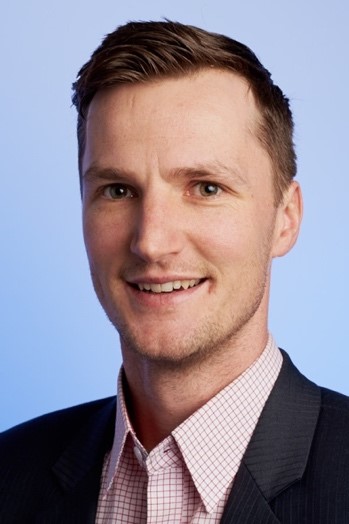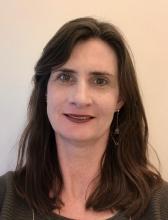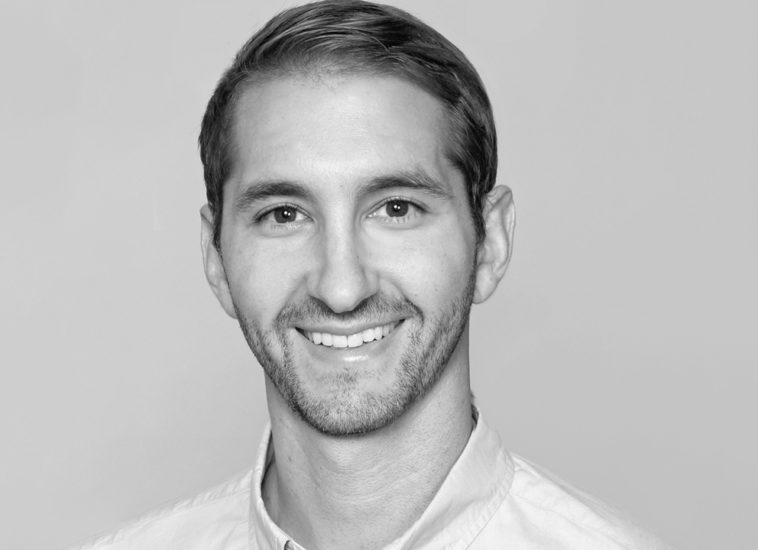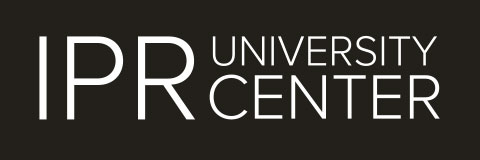Drug Repurposing in EU – an Innovation Failure?

IPR University Center arranges an upcoming online seminar series Dialogue of Experts focusing on various IPR matters. The seminars feature academic experts and top practitioners in the field of IPR. The series consist of 5 parts.
Drug Repurposing in EU – an Innovation Failure?
Experts:
 John Liddicoat, Post-doctoral researcher, University of Cambridge, UK
John Liddicoat, Post-doctoral researcher, University of Cambridge, UK
John is a senior research associate working on empirical methods and doctrinal aspects of IP law, often melding these approaches together to answer legal questions. He is generally interested in whether patent law meets its welfare-enhancing goal of accelerating the creation of new technology. He was the first senior research associate appointed in the Faculty of Law and specialises in issues at the intersection of life sciences and patent law, especially topics touching on genetic technology and drug development. His research has been funded by the Novo Nordisk Foundation, the Wellcome Trust and Cancer Research UK, amongst others. John publishes in a range of scientific and law journals, including Nature Biotechnology, International Review of Intellectual Property and Competition Law, European Journal of Human Genetics and Annual Review of Genomics and Human Genetics. John obtained his PhD from the University of Tasmania and his LLB (Hons) and BSc (Hons) from the University of Melbourne. He has also co-authored submissions to law reform committees in Australia and the UK and has given evidence on patent law reform to the Australian Senate.
 Kathleen Liddel is the Herschel Smith Reader of Intellectual Property and Medical Law.
Kathleen Liddel is the Herschel Smith Reader of Intellectual Property and Medical Law.
She is also the Founding Director of the Cambridge Centre for Law, Medicine and Life Sciences, and a member of the Cambridge Centre for IP and Information Law.Dr Liddell’s research focuses on health, medicine and society, with the aim of understanding and improving the legal frameworks that govern and support innovation in this field. A key theme in her research is to examine ways in which intellectual property rights help and hinder the translation of medical discoveries into effective, affordable clinical treatments and diagnoses, and how such frameworks could be modified to be more effective and just. Currently, Dr Liddell is involved with an international collaboration which aims to investigate intellectual property law in five areas of bioinnovation: (i) repurposing pharmaceuticals; (ii) antibiotics; (iii) biologics; (iv) rare diseases; and (v) machine-learning based precision medicine/genomics.
 David A. Simon is the Frank H. Marks Intellectual Property Fellow & Visiting Associate Professor of Law at The George Washington University Law School and a Fellow at the Hanken School of Economics in Helsinki, Finland. From 2019-2020, he was a Visiting Assistant Professor at the University of Kansas School of Law. His scholarship–which focuses on health, intellectual property, innovation, and torts–has appeared in a variety of legal publications, including the Boston College Law Review, the Florida Law Review, the Washington Law Review, the William & Mary Law Review, and the Yale Journal of Law & Technology.
David A. Simon is the Frank H. Marks Intellectual Property Fellow & Visiting Associate Professor of Law at The George Washington University Law School and a Fellow at the Hanken School of Economics in Helsinki, Finland. From 2019-2020, he was a Visiting Assistant Professor at the University of Kansas School of Law. His scholarship–which focuses on health, intellectual property, innovation, and torts–has appeared in a variety of legal publications, including the Boston College Law Review, the Florida Law Review, the Washington Law Review, the William & Mary Law Review, and the Yale Journal of Law & Technology.
In private practice, David represented clients in corporate, real estate, and intellectual property transactions. His clients included hedge fund managers, investment firms, small businesses, professional athletes, homeless veterans, singers, songwriters, and artists. He also served as a volunteer attorney for Lawyers for the Creative Arts.
David holds an LL.M. from Harvard Law School, where he was a Summer Academic Fellow, and a Ph.D. from the University of Cambridge, where he was a Cambridge International Scholar (full tuition scholarship & stipend) and member of Trinity College. His dissertation examined the philosophical underpinnings of so-called authors’ rights (droit moral) in copyright law. He earned his B.A., with high honors, from the University of Michigan, and his J.D., with high honors, from Chicago-Kent College of Law, where he was selected to the Moot Court Honor Society, Order of the Coif, and Dean’s List. During law school, he won several writing awards for work in constitutional law and intellectual property law.
Arranging organization
IPR University Center

 -verkkolehti
-verkkolehti